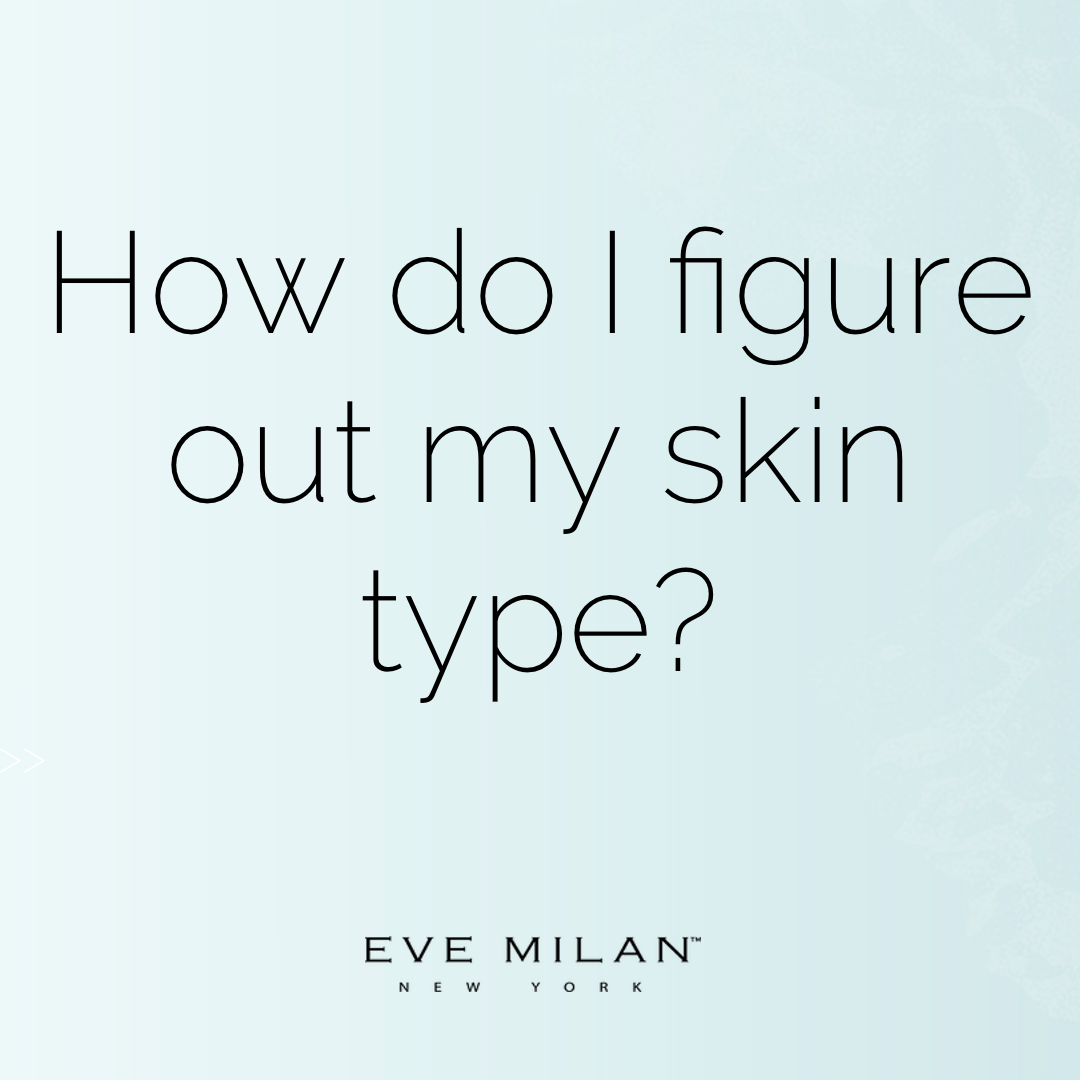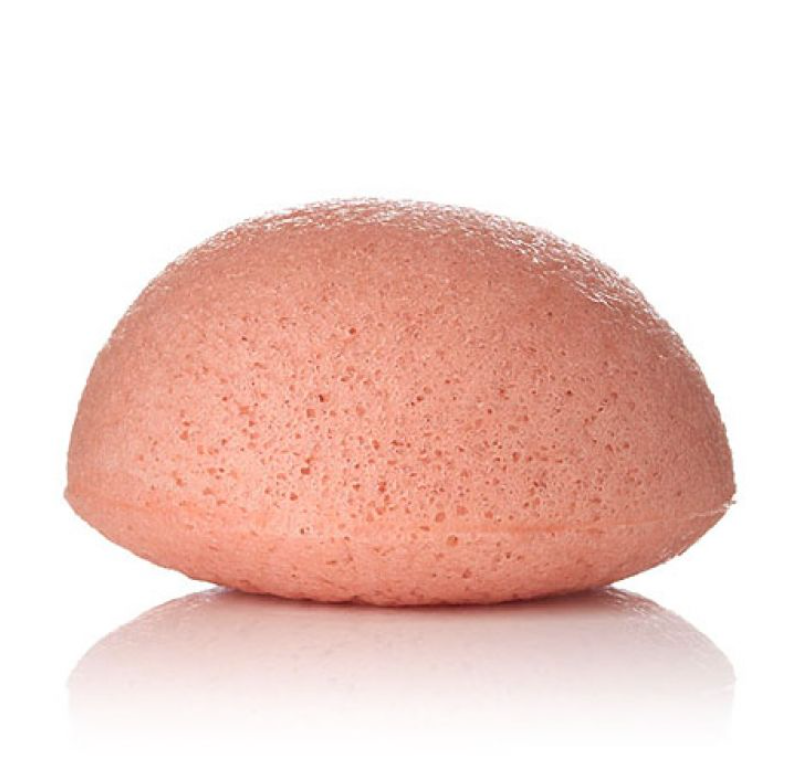Post-inflammatory hyperpigmentation (PIH) happens when your skin cells have experienced significant damage. Sometimes when the skin is damaged, it reacts by overproducing melanin in the affected area, which results in discoloration on the skin. PIH affects men and women of all ages however, this condition is more common in people of color. Some of the main causes of PIH are: acne, eczema, infections, bug bites, burns, razor bumps, rashes, allergic reactions and Psoriasis.
Do post-inflammatory hyperpigmentation marks go away?
PIH will eventually go away on its own; however, PIH fades and heals faster with the proper treatment.
How is post-inflammatory hyperpigmentation treated?
- Sun protection by applying of a broad-spectrum sunscreen (30+).
- Tyrosinaise inhibitors like alpha arbutin, kojic acid, bareberry, vitamin c and azelaic acid.
- Chemical peels ( TCA 5%-20% Modified Jessner ) and laser therapy.
- Microneedling treatments.
How long does it take PIH spots to fade?
It takes time for this condition to heal. It could take up to 6-12 months with proper treatment and up to 2 years without treatment.
Here are some products that can help you along with your goal:
Keeping your skin hydrated helps prevent inflammatory responses in the skin a great product for that is our Ulta Lightweight Hydrating Gel
Edens Product Recommendations:
Clear + Even Serum - Contains 7 powerful brighteners to lighten dark spots and prevent the skin from making excess melanin.
Brightening Vitamin C + CoQ10 Sheet Mask- Vitamin C + cell food delivering CoQ10 pair together to nourish and help even skin tone.
Ultra Lightweight Hydrator- Provides the skin with water, helps it to retain water and pull water from the atmosphere for healthy hydrated skin.




